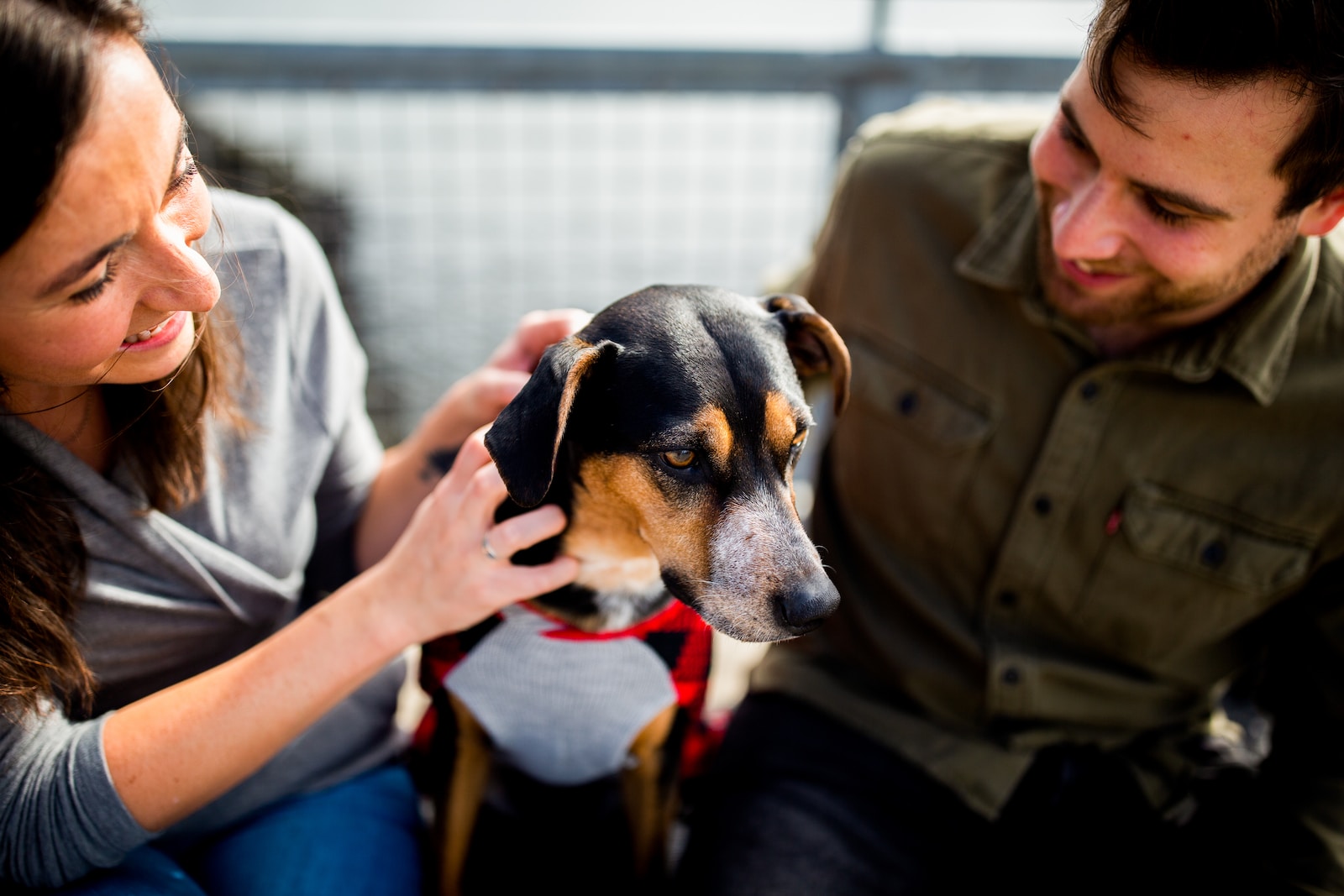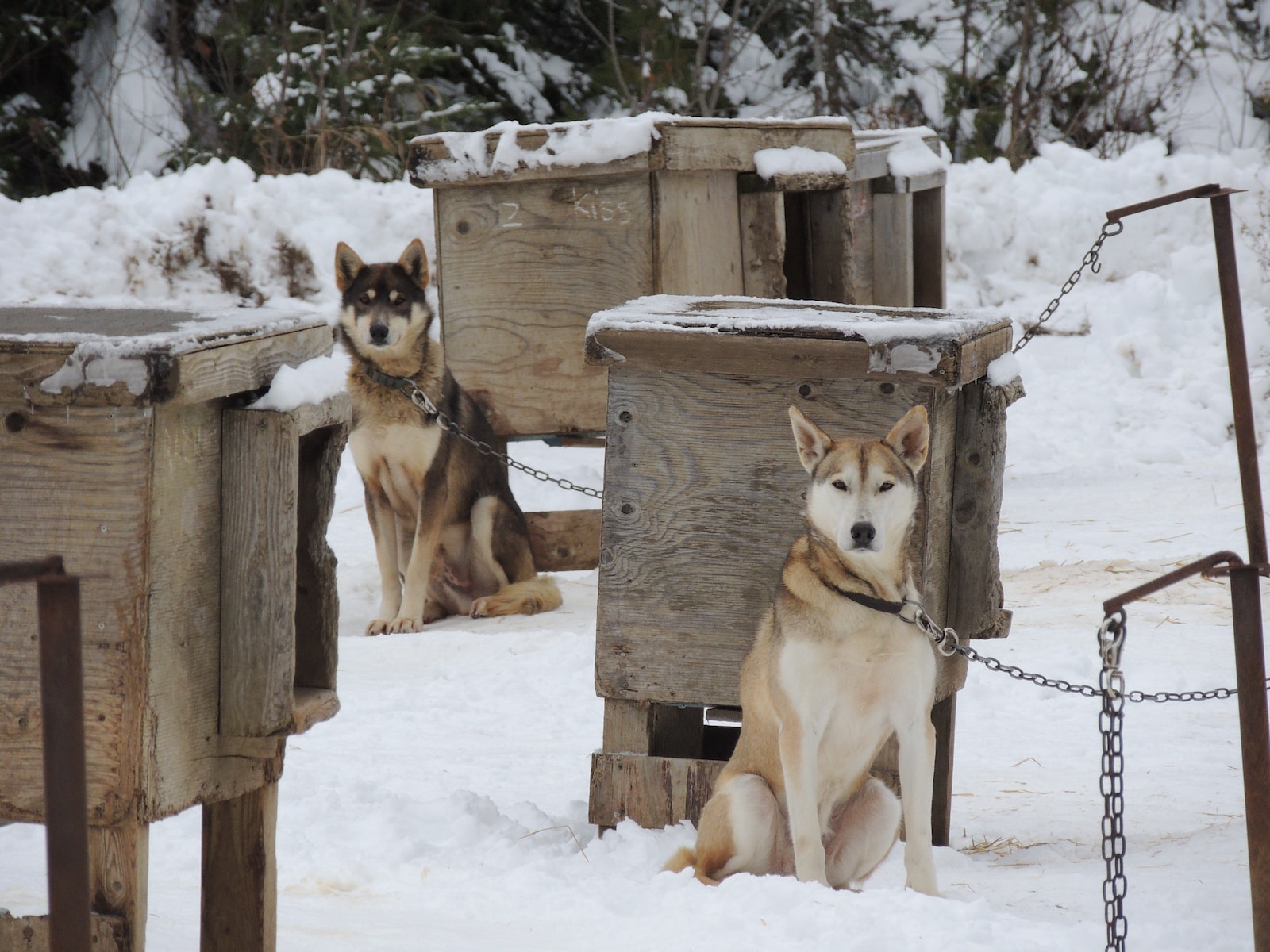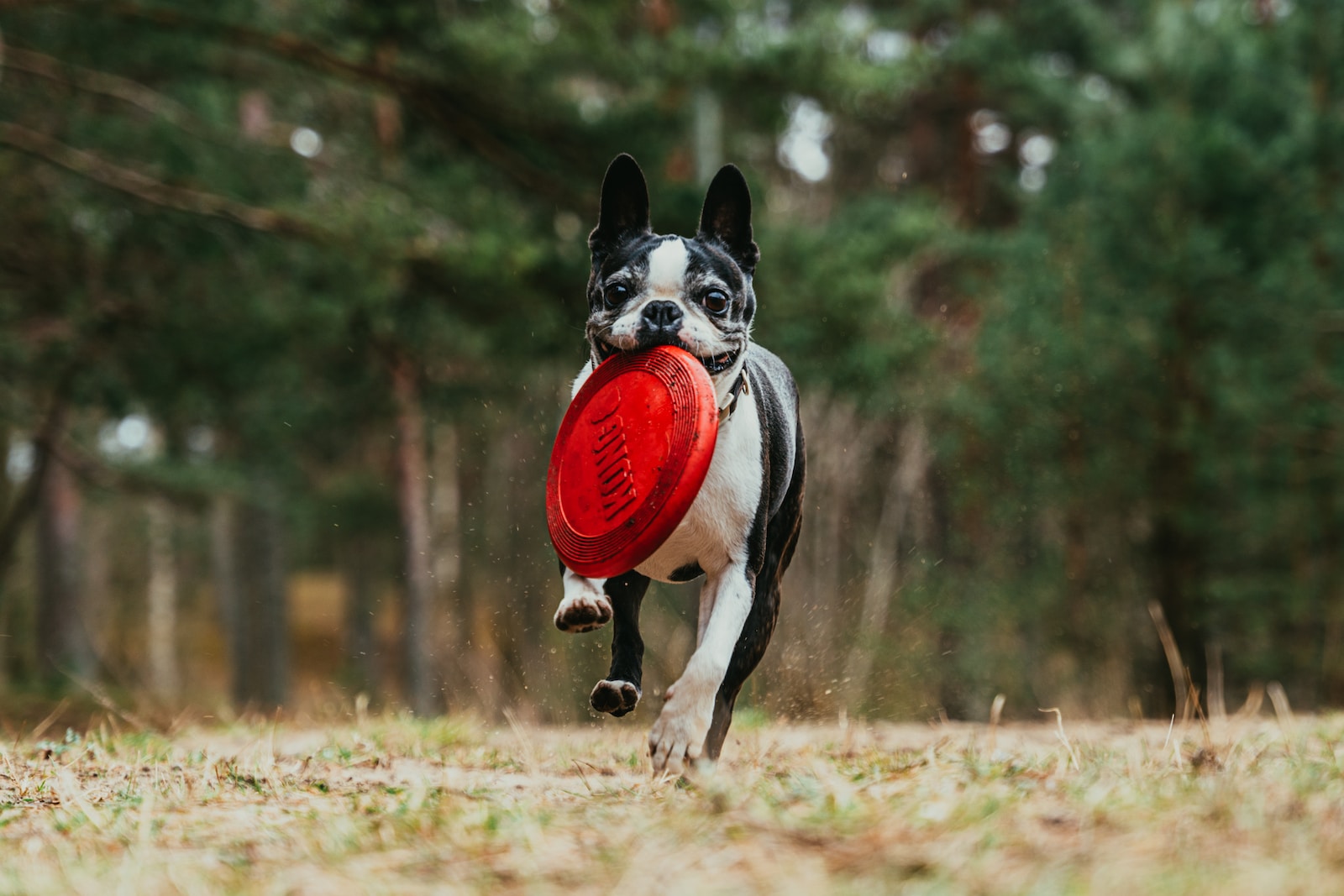As a responsible dog owner should know Giardia in dogs, you cherish the companionship and joy your furry friend brings into your life. However, amidst the excitement of having a dog, there are certain health concerns that should not be overlooked. One of the common gastrointestinal issues that affect dogs is Giardia, a microscopic parasite that can cause discomfort and distress in our canine companions. In this article, we’ll delve into what Giardia is, how it affects dogs, ways to prevent its spread, and the available treatment options.
What is Giardia?
Giardia is a single-celled parasite belonging to the genus Giardia duodenalis. It primarily affects the small intestine of dogs and other mammals, including humans. The parasite is often found in contaminated water sources, and dogs can become infected by ingesting cysts present in contaminated food, water, or the environment.
Recognizing the Symptoms of Giardiasis
Giardiasis, the condition caused by the Giardia parasite, can present a wide range of symptoms in dogs. Some of the most common signs include:
Diarrhea: This is the most prevalent symptom of Giardia infection in dogs. The diarrhea may be intermittent and may contain mucus, be greasy, or have a foul odor.
Vomiting: Dogs infected with Giardia may experience occasional vomiting, leading to further dehydration.
Weight Loss: Chronic giardiasis can lead to weight loss and malnutrition, as the parasite interferes with nutrient absorption in the intestines.
Lethargy: Infected dogs may appear tired and lack energy, showing reduced interest in their regular activities.
Stomach Upset: Dogs with Giardia might display signs of discomfort, such as bloating and abdominal pain.
It is crucial to consult a veterinarian if you suspect your dog is displaying any of these symptoms.
Prevention: Keeping Giardia at Bay
While Giardia is a persistent parasite, taking certain preventive measures can help reduce the risk of infection:
Clean Water: Ensure your dog has access to clean, fresh water, and avoid letting them drink from potentially contaminated sources like stagnant ponds or puddles.
Hygiene: Regularly clean your dog’s living area, including their bedding and toys, to prevent the buildup of cysts in their environment.
Pick Up After Your Dog: Be responsible and promptly pick up your dog’s waste to prevent the spread of Giardia through feces.
Avoid Contact with Infected Animals: Prevent your dog from interacting with animals that may be infected with Giardia.
Proper Hydration: Keep your dog hydrated and ensure they consume a balanced diet to maintain a strong immune system.
Diagnosis and Treatment
If you suspect your dog has Giardia or if they exhibit any symptoms, visit your veterinarian for a proper diagnosis. The veterinarian may perform fecal tests to identify the presence of Giardia cysts in the dog’s stool. Once diagnosed, treatment usually involves administering oral medications, typically metronidazole or fenbendazole, to eliminate the parasites.
Giardia in dogs can be a concerning health issue, but with proper care and vigilance, it can be managed effectively. Remember to prioritize hygiene and clean water sources to reduce the risk of infection. If you suspect your dog has Giardia, consult your veterinarian for a comprehensive diagnosis and treatment plan. By taking these proactive steps, you can ensure the health and happiness of your beloved canine companion.
FAQs
Can Giardia be transmitted from dogs to humans?
Yes, Giardia can be transmitted from dogs to humans and vice versa. It is essential to practice good hygiene and take preventive measures to avoid cross-contamination.
Is Giardia a common condition in dogs?
Yes, Giardia is relatively common in dogs, particularly those who spend time in outdoor environments with contaminated water sources.
Can I use over-the-counter dewormers to treat Giardia in my dog?
No, over-the-counter dewormers may not be effective against Giardia. It’s crucial to consult a veterinarian for proper diagnosis and prescription of appropriate medications.
Can my indoor dog get Giardia?
Yes, even indoor dogs can contract Giardia if they come into contact with contaminated surfaces or objects.
Can Giardia cause long-term health issues in dogs?
Chronic Giardia infections can lead to long-term health problems in dogs, such as weight loss, malnutrition, and weakened immunity.












